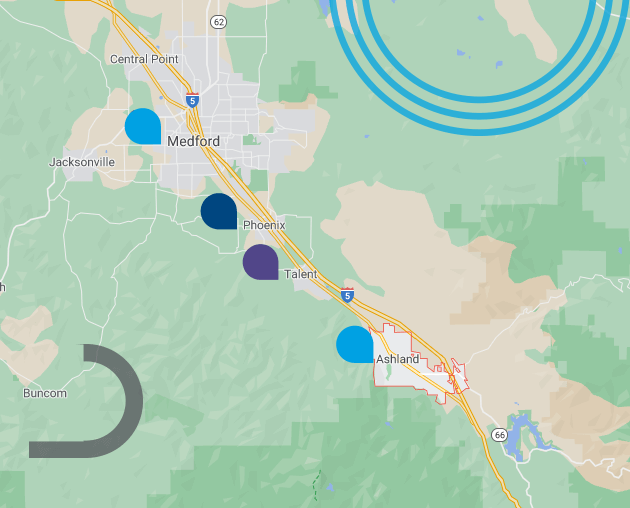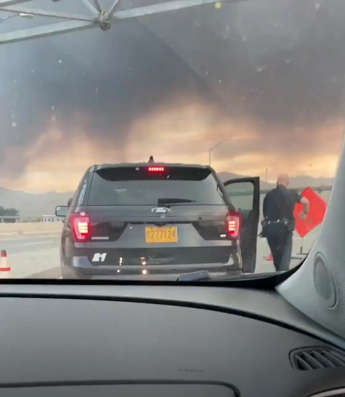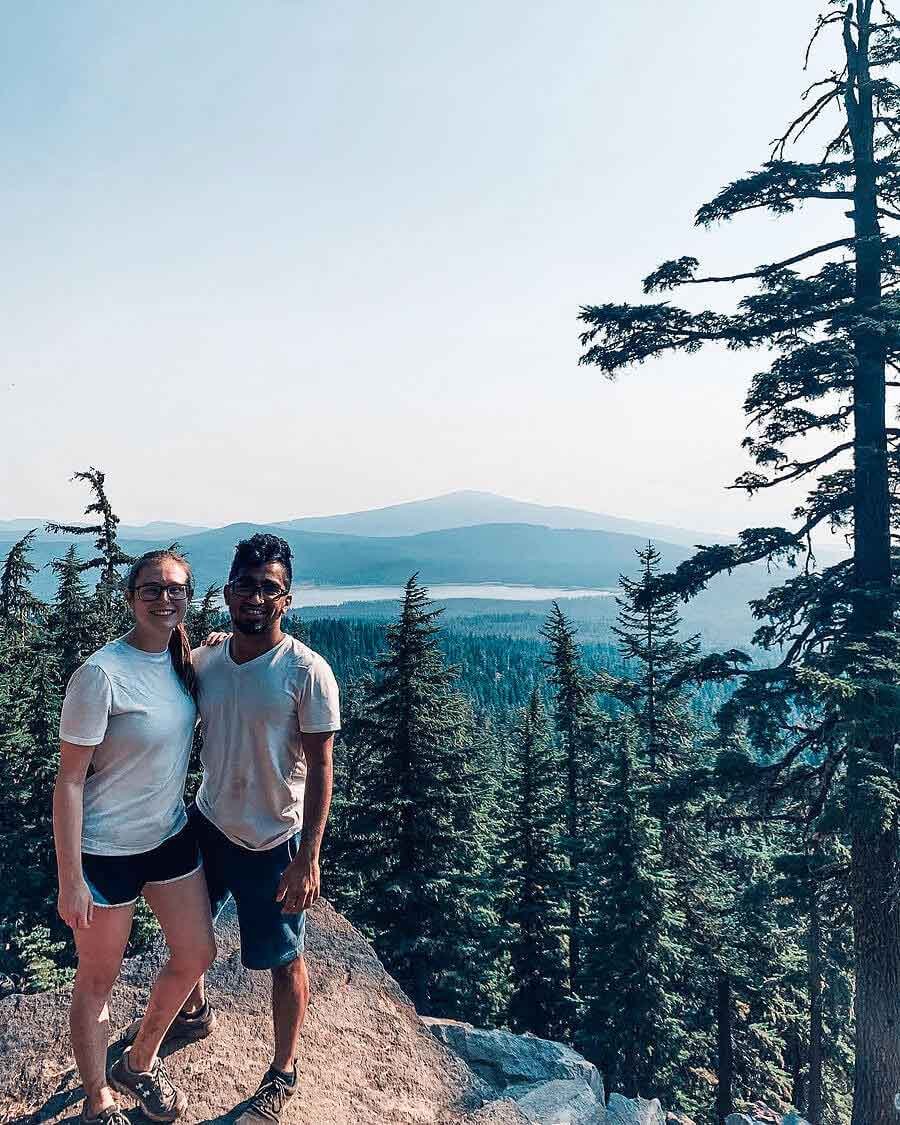This article was provided by Host Healthcare.
Nurse Quarantine Pay Policy
The COVID 19 pandemic is a serious concern for every person in the world right now—especially healthcare workers. Due to close contact with the virus, medical professionals must worry about answering questions like What happens if I contract COVID-19? Will I be unable to work? Do healthcare providers get paid during quarantine?
Potential Exposure to COVID-19
Despite having the utmost safety measures in place, it’s possible for travelers to contract—or come in contact with—COVID-19. Although treatment of COVID-19 patients is common in many healthcare facilities, travel nurses should be cautious of contracting the virus through other ways.
If a coworker or someone you live with has tested positive or begun to show symptoms of COVID-19, then you may be required to quarantine before returning to work. Common symptoms to look out for should include:
- Fever
- Shortness of breath
- Dry cough
- Loss of taste and smell
- Head and body aches
How to Stay Safe While Working During COVID-19
The best way to avoid having to quarantine is by keeping yourself safe—both on and off the clock. The Center for Disease Control recommend these sanitary practices in order to prevent the spread of COVID-19:
- Wash your hands frequently, for a minimum of 20 seconds
- Sanitize hands, surfaces, and tools regularly (with at least 60% alcohol)
- Avoid touching your face, nose, and mouth when out in public
- Report any new symptoms to your employer
- Stay home if you’re feeling sick or following a potential exposure to COVID-19
- Wear a mask when at work and in public
- Get tested regularly if working in the medical field
Doing your best to avoid COVID-19 is always recommended, but sometimes exposure can still occur.
Getting Paid in Quarantine
When working as a traveling healthcare worker with Host Healthcare, you won’t have to worry about missing a paycheck due to COVID-19 complications. Here’s what makes Host’s quarantine pay policy different from other healthcare agencies:
- Exposure – If exposure to COVID-19 is deemed a possibility, your facility will require you to quarantine for up to two weeks. A positive COVID-19 test may not be required in order to begin quarantining due to the fact that safety is the highest priority at this time.
- Quarantine – During your quarantine, Host Healthcare will ensure travelers receive their normal paycheck for up to 14 days after exposure. Host understands that this is a challenging time to work in the medical field, and they appreciate the hard work you’re doing, both in and out of quarantine.
- Return to work – When conditions are safe and travelers feel ready, they can begin working again following their isolation period. A negative COVID-19 test may also be required before you’re able to return to the facility.
Although paid sick leave may seem like a given, not all providers are taking this approach to handling the subject of quarantine pay.
Laws Regarding Quarantine Pay
The unfortunate truth is that not all healthcare workers are being compensated for their quarantine periods. Federal laws have allowed various loopholes regarding quarantine pay, creating difficult conditions for healthcare workers.
While it’s true that government funding is being used to cover salaries for certain medical facilities, those with less than 500 employees do not qualify for this relief. Under the Families First Coronavirus Relief Act, employers are technically not required to pay sick leave for doctors and nurses quarantined.
How Are Hospitals Protecting Their Employees From COVID-19?
In addition to personal safety measures, many medical facilities are implementing their own precautions against COVID-19. If you’re concerned about your safety as a traveling healthcare provider, here’s what you should know about working during the pandemic:
- Screening – Hospitals and other medical facilities have intensified their screening and Coronavirus testing procedures. Patients and employees alike are being closely monitored for signs of COVID-19, particularly respiratory symptoms and fever.
- Separation – Patients who have contracted COVID-19 are safely separated from the general hospital population to prevent an outbreak. Creating a degree of space between infected and non-infected patients allows social distancing measures to be properly followed.
- Personal protection equipment – The latest personal protection equipment (PPE) is given to all healthcare providers when available. This includes masks, face shields, gloves, and disinfectants.
How Does Travel Nursing Work Under COVID-19 Restrictions?
If you’re interested in becoming a traveling healthcare professional, you may be feeling discouraged by the recent COVID-19 restrictions. Fortunately, we have all the answers you need to make this important career decision a bit easier:
Are There Any Domestic Travel Bans?
There are currently no restrictions barring people from traveling between states. Whether you’re a certified healthcare worker or not, domestic travel within the United States is allowed for any reason.
Do I Have to Quarantine After Traveling?
Although there are no travel bans, many states require a 10-14 day quarantine period upon arrival. Fortunately, traveling healthcare workers are exempt from these restrictions due to their classification as essential workers.
What About Shelter-in-Place Orders?
Similar to other travel restrictions, healthcare workers will not be required to follow shelter-in-place or stay-at-home orders. Lockdowns and curfews will not be enforced on traveling nurses or therapists as long as they provide proof of employment (License, Employment contract, or Hospital ID badge).
Make sure to find an agency that looks out for you during this unusual time. We thank you for all of your hard work and stay safe!



















































